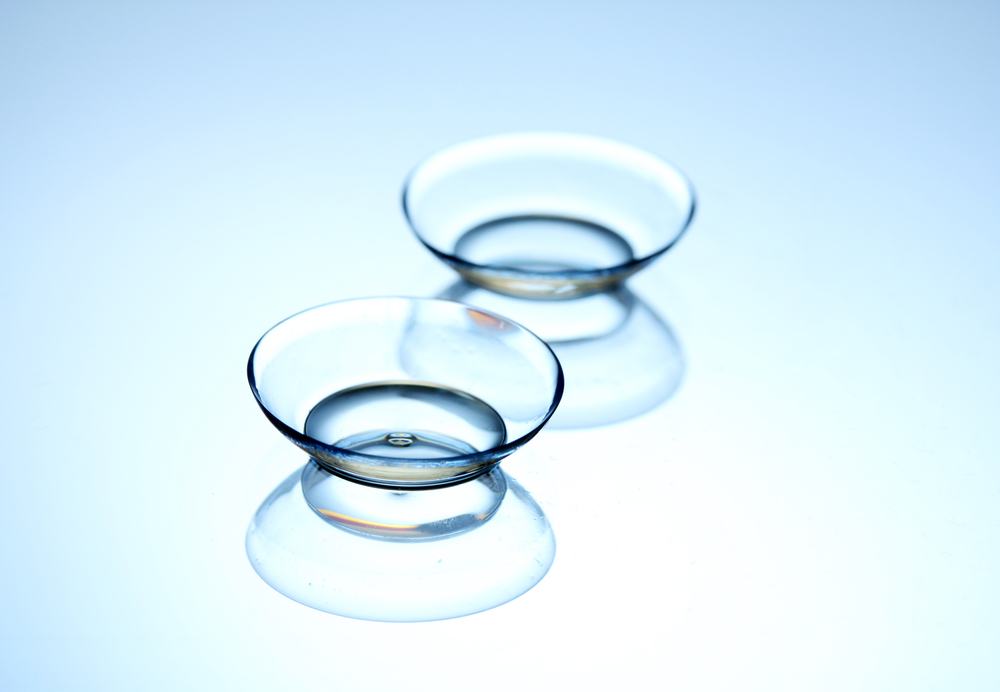
Contact lenses have come a long way since their inception. What started as a simple vision correction solution has evolved into a diverse array of specialized lenses designed to address a wide range of vision needs. From treating complex refractive errors to managing various eye conditions, specialty contact lenses have become an invaluable tool in the world of vision care.
Understanding Vision Correction and the Need for Specialty Contact Lenses
Vision correction is a fundamental aspect of eye health, and for many individuals, traditional contact lenses or eyeglasses may not be enough to achieve optimal visual acuity. This is where specialty contact lenses come into play. These advanced lenses are designed to address specific vision challenges that go beyond the scope of standard contact lenses.
Whether you have a complex refractive error, an eye condition that requires specialized treatment, or simply have unique visual needs, specialty contact lenses can provide a tailored solution to enhance your overall visual experience.
What Are Specialty Contact Lenses?
Specialty contact lenses are a category of contact lenses that are designed to address specific vision needs or eye conditions that cannot be effectively managed with standard contact lenses or eyeglasses. These lenses are typically more complex in their design and require a specialized fitting process to ensure a comfortable and effective fit. Some key characteristics of specialty contact lenses include:
Customized Lens Design: Specialty contact lenses are often custom-made to accommodate the unique shape and curvature of an individual's eyes.
Advanced Materials: These lenses may be made from specialized materials that offer enhanced breathability, durability, or other beneficial properties.
Specific Optical Corrections: Specialty contact lenses can correct a wide range of vision issues, from complex refractive errors to corneal irregularities.
Different Types of Specialty Contact Lenses and What They Can Help Treat
Specialty contact lenses come in a variety of forms, each designed to address a specific vision or eye health concern. Some of the most common types of specialty contact lenses include:
Rigid Gas Permeable (RGP) Lenses: Designed to provide clear, stable vision for individuals with irregular corneal shapes or high refractive errors. These lenses can help correct conditions like keratoconus, post-LASIK, and other corneal irregularities.
Scleral Lenses: Larger lenses that rest on the white part of the eye (sclera) rather than the cornea. These lenses are ideal for individuals with severe dry eye, corneal irregularities, or other complex vision needs.
Multifocal Contact Lenses: Designed to provide clear vision at multiple distances, addressing age-related vision changes like presbyopia. They can help individuals who require both near and distance vision correction.
Hybrid Contact Lenses: Combine the benefits of rigid gas permeable and soft contact lenses. They offer the clarity and stability of RGP lenses with the comfort of soft lenses.
These are just a few examples of the many types of specialty contact lenses available. Each type is designed to address specific vision needs and can be instrumental in improving visual acuity, comfort, and overall eye health.
The Importance of a Specialty Contact Lens Fitting Exam
Fitting specialty contact lenses requires a comprehensive eye examination and a specialized fitting process. This is crucial because these lenses are designed to address complex vision needs, and a proper fit is essential for optimal performance and comfort. During a specialty contact lens fitting exam, your eye doctor will:
Evaluate Your Vision and Eye Health: They will assess your current vision, eye structure, and any existing conditions or irregularities that may require specialized lenses.
Determine the Appropriate Lens Type: Based on your specific needs, your doctor will recommend the most suitable specialty contact lens option.
Measure and Fit the Lenses: They will take precise measurements of your eyes and fit the lenses accordingly, ensuring a comfortable and effective fit.
Provide Customized Instructions: You'll receive detailed guidance on how to properly insert, remove, and care for your specialty contact lenses.
The specialty contact lens fitting exam is a crucial step in ensuring that you receive the right lenses for your individual needs. Skipping this step can lead to discomfort, poor vision, and even potential eye health issues.
Are Specialty Contact Lenses Right for You?
If you have a complex vision condition, a history of eye surgery, or simply have unique visual needs that cannot be addressed with standard contact lenses or eyeglasses, a specialty contact lens fitting exam may be the solution you've been searching for. By working with your eye doctor, you can explore the various specialty contact lens options available and find the ones that best suit your individual requirements. This personalized approach can not only improve your visual acuity but also enhance your overall eye health and quality of life.
If you're considering specialty contact lenses, Eye Center of Virginia is here to guide you through the process. Visit our office in Williamsburg, Virginia, or call (757) 919-3500 to schedule a consultation today to take the first step towards clearer, more comfortable vision.













